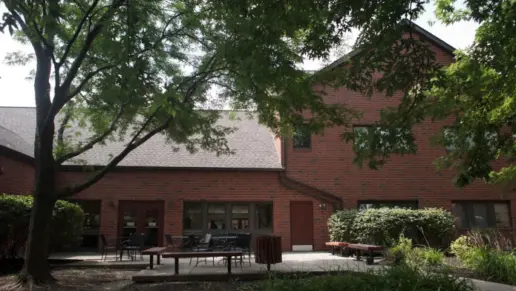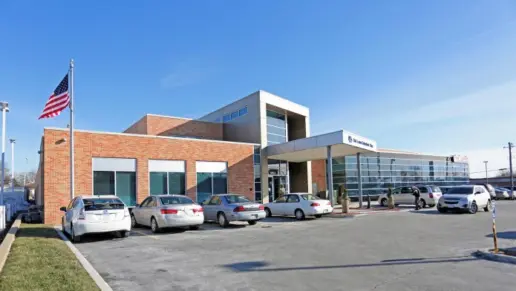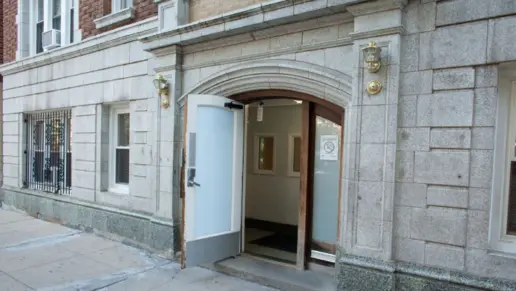I give this place NO stars! DO NOT GOT HERE! This treatment center was recommended for me. It was the worst mistake ever! I went there for alcohol and was refused treatment because I was thin! I cried my eyes out to Debbie the Director of Operations to keep me. I explained I ...
About Ascension Illinois – Foglia Family Foundation Residential Treatment Center
Ascension Illinois - Foglia Residential Treatment treats alcohol and drug abuse and other mental disorders in Elk Grove Village, Illinois. Located in Chicago's northwest suburbs, they combine traditional evidence backed therapeutic approaches with emerging technological advancements like virtual reality (VR). The residences boast modern amenities in a calm and serene atmosphere.
Foglia Residential Treatment accepts adult clients 18 years and older. They provide inpatient residential treatment, with typical stays lasting three to four weeks but varying in length.
Clients with severe symptoms require more stability, care, and monitoring than typical day programs can provide. The inpatient residential treatment program sees clients live at the facility 24 hours a day for the length of the program. Foglia Residential Treatment provides food, semi-private rooms, and exercise space to accommodate clients.
Days are structured around therapy sessions. The on-staff therapists and counselors use cognitive behavioral therapy (CBT), life skill education, mindfulness exercises, community group activities, family sessions, and physical activities. In addition to meeting with their personal care team, clients receive plenty of leisure time. Families have visitation time on weekends.
Treating addiction and its underlying causes can sometimes mean simultaneously treating other mental health disorders. Co-occurring disorder treatment addresses depression, anxiety, OCD, and other conditions that can worsen addiction. Co-occurring treatment is discussed during the development of the personalized treatment plan.
Foglia Residential Treatment uses VR technology for exposure response and prevention (ERP) sessions. During these sessions, clients can expose themselves to triggering scenarios in a VR setting. For example, clients recovering from alcohol abuse may be placed in a bar setting to practice coping skills.
ERP can show clients and their support team when more time is needed to practice coping skills. Staff monitors each VR session, gauging the client’s responses to different scenarios. Including VR in ERP sessions can make the scene feel more natural and generate more genuine responses.
Latest Reviews
Rehab Score
Gallery
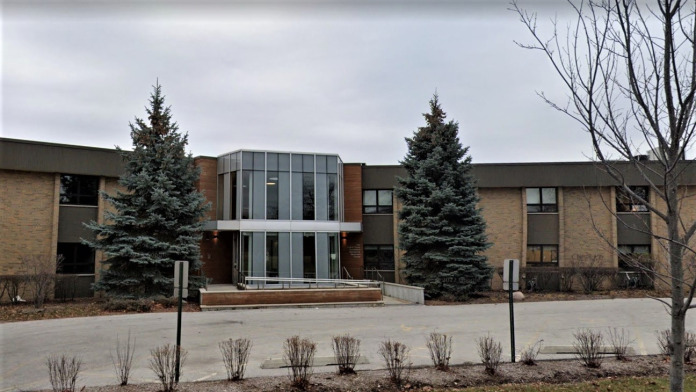
Location
Other Forms of Payment
Private insurance refers to any kind of healthcare coverage that isn't from the state or federal government. This includes individual and family plans offered by an employer or purchased from the Insurance Marketplace. Every plan will have different requirements and out of pocket costs so be sure to get the full details before you start treatment.
Self-pay involves paying for treatment out of your own pocket. You can use savings or credit, get a personal loan, or receive help from family and friends to fund your treatment. If you don't have insurance or your insurance plan doesn't cover a specific program, self-pay can help ensure you still get the care you need.
Sliding scale payments are based on a client's income and family size. The goal is to make treatment affordable to everyone. By taking these factors into account, addiction recovery care providers help ensure that your treatment does not become a financial burden to you or your family, eliminating one barrier to care.
Medicare is a federal program that provides health insurance for those 65 and older. It also serves people under 65 with chronic and disabling health challenges. To use Medicare for addiction treatment you need to find a program that accepts Medicare and is in network with your plan. Out of pocket costs and preauthorization requirements vary, so always check with your provider.
Military members, veterans, and eligible dependents have access to specific insurance programs that help them get the care they need. TRICARE and VA insurance can help you access low cost or no cost addiction and mental health treatment. Programs that accept military insurance often have targeted treatment focused on the unique challenges military members, veterans, and their families face.
Medicaid is a state based program that helps lower-income individuals and families pay for healthcare. Medicaid covers addiction treatment so those enrolled can use their coverage to pay for rehab. When a program accepts Medicaid the client often pays very little or nothing out of their own pocket.
Addiction Treatments
Levels of Care
Treatments
The goal of treatment for alcoholism is abstinence. Those with poor social support, poor motivation, or psychiatric disorders tend to relapse within a few years of treatment. For these people, success is measured by longer periods of abstinence, reduced use of alcohol, better health, and improved social functioning. Recovery and Maintenance are usually based on 12 step programs and AA meetings.
Drug rehab in Illinois is designed to help people recover from addiction to a number of substances. The length of each program and its intensity tend to vary, and the plan of care is based on your individual needs.
Many of those suffering from addiction also suffer from mental or emotional illnesses like schizophrenia, bipolar disorder, depression, or anxiety disorders. At AMITA Health they are able to treat people with co-occurring disorders who have both anxiety and substance abuse issues. Their treatment center is a very unique setting that offers individuals an opportunity to be treated for both issues concurrently.
AMITA Health Behavioral Medicine Institute combines the best in mental health care from two legacy systems in the Chicago area – Alexian Brothers Behavioral Health and Adventist Behavioral Health. Alexian Brothers Behavioral Health Hospital has a long tradition of treating both anxiety and substance use disorders.
Opioid rehabs specialize in supporting those recovering from opioid addiction. They treat those suffering from addiction to illegal opioids like heroin, as well as prescription drugs like oxycodone. These centers typically combine both physical as well as mental and emotional support to help stop addiction. Physical support often includes medical detox and subsequent medical support (including medication), and mental support includes in-depth therapy to address the underlying causes of addiction.
Programs




Clinical Services
If you engage in cognitive behavioral therapy in Illinois, your therapist will work with you to change your thinking patterns. You'll learn how to recognize faulty thinking and develop skills to deal with stress without using substances.
Dialectical Behavior Therapy (DBT) is a modified form of Cognitive Behavioral Therapy (CBT), a treatment designed to help people understand and ultimately affect the relationship between their thoughts, feelings, and behaviors. DBT is often used for individuals who struggle with self-harm behaviors, such as self-mutilation (cutting) and suicidal thoughts, urges, or attempts. It has been proven clinically effective for those who struggle with out-of-control emotions and mental health illnesses like Borderline Personality Disorder.
Group therapy is any therapeutic work that happens in a group (not one-on-one). There are a number of different group therapy modalities, including support groups, experiential therapy, psycho-education, and more. Group therapy involves treatment as well as processing interaction between group members.
In individual therapy, a patient meets one-on-one with a trained psychologist or counselor. Therapy is a pivotal part of effective substance abuse treatment, as it often covers root causes of addiction, including challenges faced by the patient in their social, family, and work/school life.
Motivational Interviewing (MI) is a clinical approach to helping people with substance abuse issues and other conditions shift behavior in positive ways. It is more goal-oriented than traditional psychotherapy, as MI counselors directly attempt to get clients to consider making behavioral change (rather than wait for them to come to conclusions themselves). Its primary purpose is to resolve ambivalence and help clients become able to make healthy choices freely.
Trauma therapy addresses traumatic incidents from a client's past that are likely affecting their present-day experience. Trauma is often one of the primary triggers and potential causes of addiction, and can stem from child sexual abuse, domestic violence, having a parent with a mental illness, losing one or both parents at a young age, teenage or adult sexual assault, or any number of other factors. The purpose of trauma therapy is to allow a patient to process trauma and move through and past it, with the help of trained and compassionate mental health professionals.
They see family therapy as an important component of the RTC. They can do these sessions in person or via the internet through our secure server so that all sessions remain confidential. In order to have sessions via the internet, all you will need is for your family to have access to a web-cam and sound, and we can talk to them anywhere in the world. Their treatment team provides weekly Family Nights where patients are encouraged to bring their family members. Family Night programming offers an opportunity for loved ones to: gain a common understanding of how addiction and mental illness has impacted the family, learn what it means to be in recovery, identify healthy patterns while learning to discontinue destructive family patterns, and begin to work together toward the process of healing.
Life skills trainings involve all the skills a person must have in order to function successfully in the world. These include time management, career guidance, money management, and effective communication. Truly successful addiction recovery is based on the ability to not only live substance-free, but to thrive. Life skills teaches the practical necessities of functioning in society, which sets clients up for success in life, and therefore sobriety.
Without nutritional balance, you can't achieve overall health. Nutrition therapy restores this balance by providing healthy meals and teaching you how to choose foods that support recovery. It is an important part of most rehab programs in Illinois.
Experiential therapy is a form of therapy in which clients are encouraged to surface and work through subconscious issues by engaging in real-time experiences. Experiential therapy departs from traditional talk therapy by involving the body, and having clients engage in activities, movements, and physical and emotional expression. This can involve role-play or using props (which can include other people). Experiential therapy can help people process trauma, memories, and emotion quickly, deeply, and in a lasting fashion, leading to substantial and impactful healing.
The use of nicotine replacement therapy in Illinois supplies your body with a small, controlled dose of nicotine without exposing it to the other harmful chemicals in cigarettes. This dose reduces withdrawal and satisfies cravings, so you can wean yourself off nicotine use.
Amenities
-
Residential Setting
Staff & Accreditations
Staff
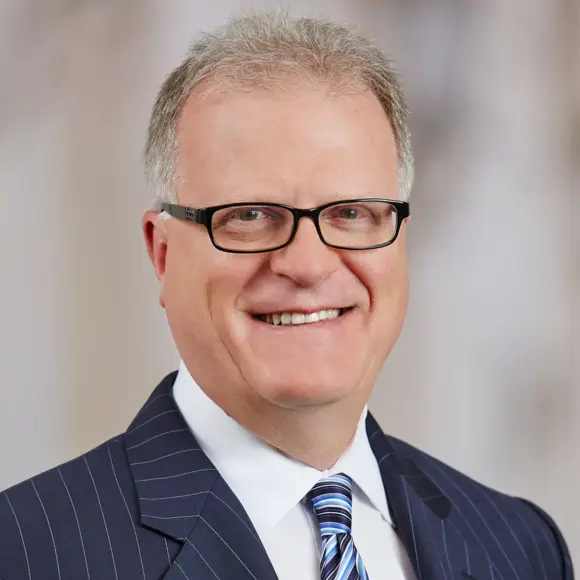
Chief Executive Officer
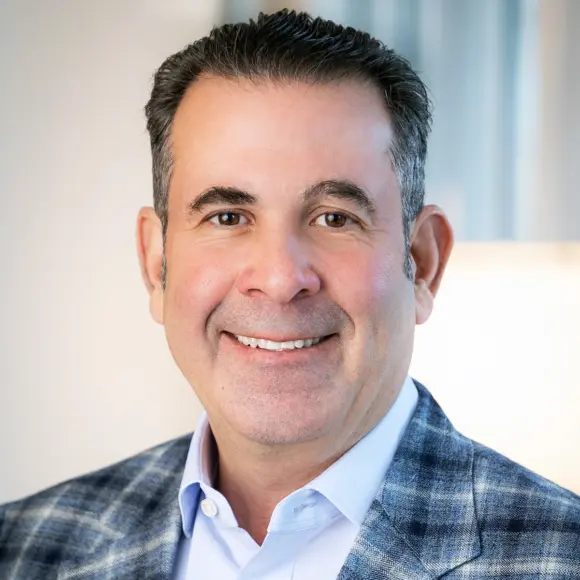
President
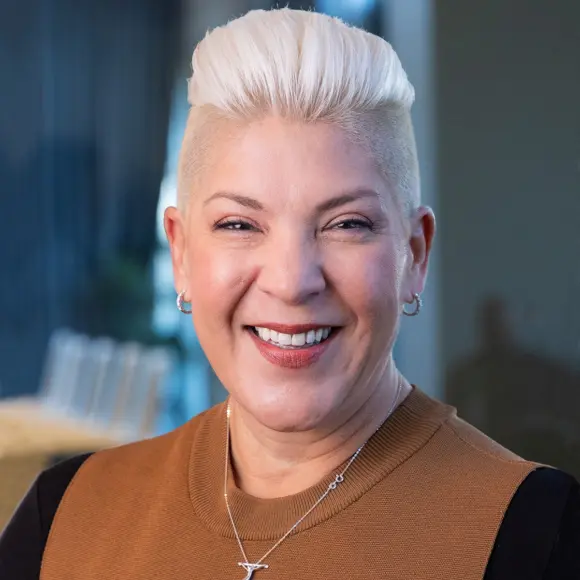
Executive Vice President of Nursing & Operations Infrastructure
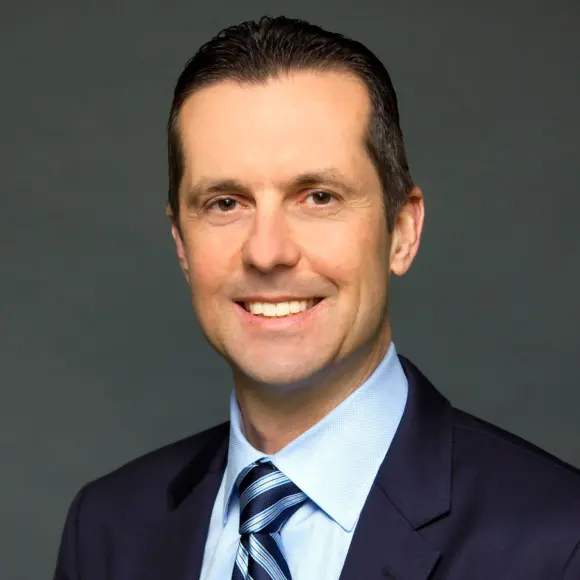
Executive Vice President & Chief of Staff
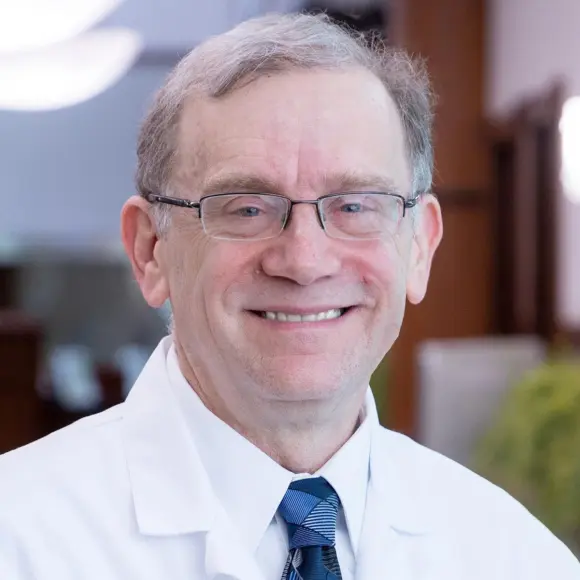
Executive Vice President & Chief Clinical Officer
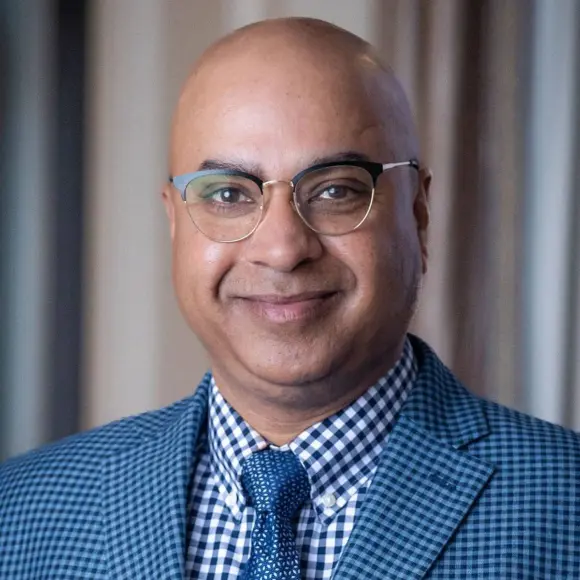
Executive Vice President & Chief Financial Officer

Executive Vice President & General Counsel

Executive Vice President & Chief Human Resources Officer
Accreditations

The Joint Commission, formerly known as JCAHO, is a nonprofit organization that accredits rehab organizations and programs. Founded in 1951, the Joint Commision's mission is to improve the quality of patient care and demonstrating the quality of patient care.
Joint Commission Accreditation: Yes
Contact Information
801 Gloucester Drive
Elk Grove Village, IL 60007
